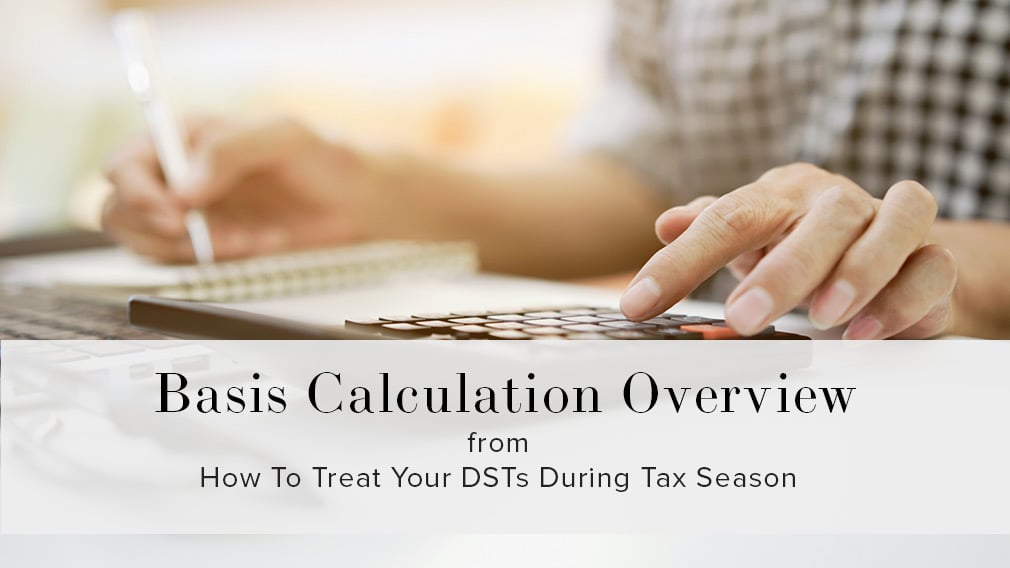Page 10 91 - 100 of 278
What is Tax Alpha?

When someone invests in a stock, their goal is to see a positive return on the investment. Investing in an S&P 500 fund means market returns. In other words, this fund should return the same as the S&P 500 index, the fund’s benchmark.
Is Installment Sale Income Subject to Net Investment Income Tax?

Higher earners, who meet certain thresholds, may be subject to the net investment income tax (NIIT). Those who have to pay the NIIT are slapped with a 3.8% tax on their net investment income or on the amount of modified adjusted gross income (MAGI) that exceeds the statutory threshold amount for your filing status. Basically, whichever of the two (investment income or MAGI) is the least amount will be subject to NIIT.
How to Calculate Deferred Tax Liability

A deferred tax liability can occur when there is a timing difference between two different depreciation schedules. A business may choose straight-line depreciation (for asset book value) each year but bases its tax depreciation on the accelerated method. This will create a difference each year between the two schedules.
How is a Taxable Gain on an Installment Sale Taxed?

Installment sales have favorable tax treatment, making them attractive for certain sellers. Rather than receiving proceeds from the sale of an investment property at once, the seller receives payments over time. For those who value tax benefits over the immediate need for cash, an installment sale can work in their favor.
What are the Benefits of an Installment Sale to the Seller?

Selling real estate at an appreciated value can generate a good-news, not-so-good-news scenario. The good news is that selling real estate at a higher amount than what you bought it for can mean profit. The not-so-good-news is that this profit – or capital gains – will be taxed, based on your specific tax bracket.
Who Cannot Use Installment Sales?

An installment sale can provide a useful tool to potentially defer taxes owed on the sale of capital assets. This is because, in most cases, taxes are owed on the actual funds received from the sale rather than the full amount. This assumes that the seller receives at least one payment after the tax year during which the sale occurs. It also requires the seller to fill out Form 6252 for each year of that payment.
Is Deferred Income Tax a Current Liability?

Determining owed income tax can be a straightforward process. If you’re an employed individual, you receive a W-2 form, then file it with a Form 1040 to the IRS by April 15 (most years).
Is Interest Taxed as Ordinary Income?

With tax season almost around the corner, it’s time to figure out what you might owe (or not) to the IRS on your 2022 proceeds. Those earnings might include wages and salaries, income received from rental properties, fund distributions, profit from an investment property sale, or interest received on investments.
How is an Installment Sale Taxed?

The 2023 federal tax deadline is April 18 for most of the United States and U.S. territories. Some states (most of California and parts of Alabama and Georgia) have a longer deadline, due to natural disasters impacting those areas.
[Webinar Recap] How To Treat Your DSTs During Tax Season: Understanding Basis Calculations

A Delaware Statutory Trust, or DST, is an investment vehicle that can help investors seek passive income while having fractional ownership in commercial real estate. When investing in a DST, you can use a 1031 exchange to defer the capital gains taxes due when you sell an investment property.
Page 10 91 - 100 of 278


